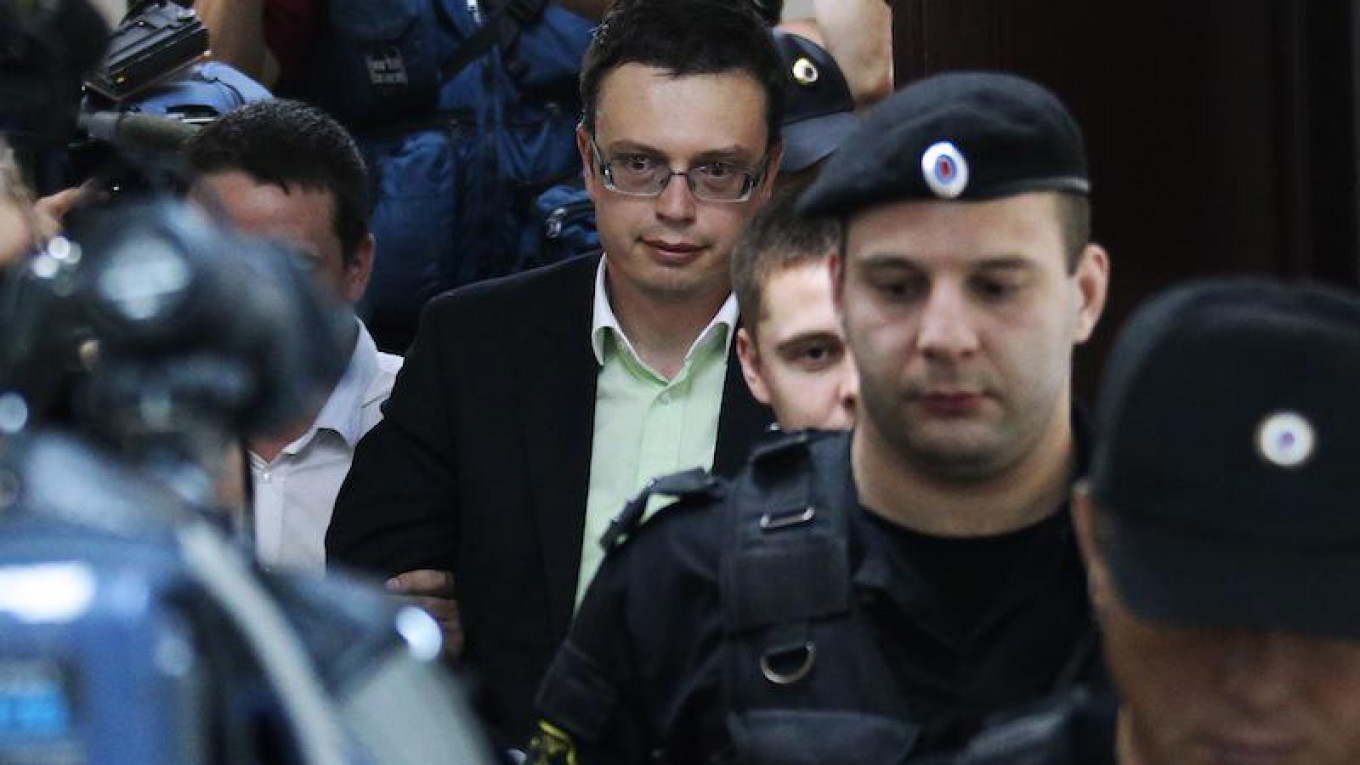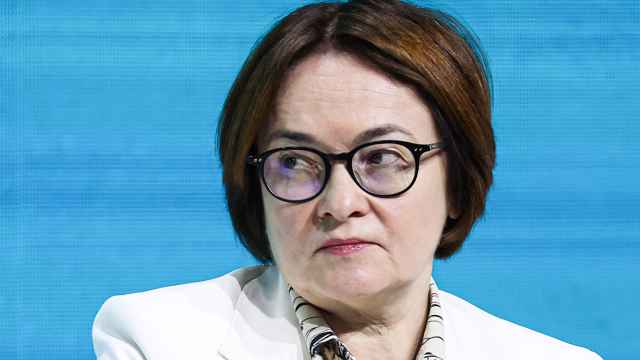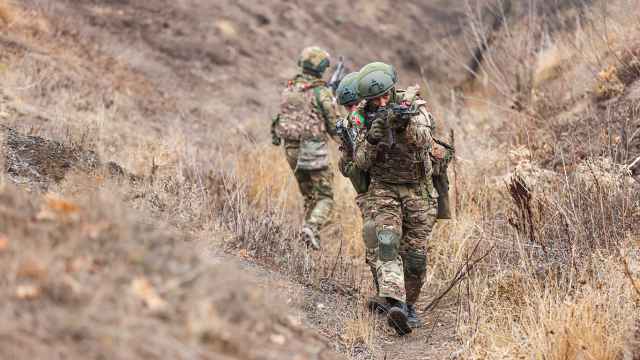On the morning of July 19, two dark blue minibuses drew up outside the offices of one of Russia’s most powerful law enforcement agencies. Out sprang a group of gun-toting special forces and besuited agents of the FSB, the Russian secret service. They darted into the building and fanned out through its corridors.
They were hunting seven employees of the Investigative Committee, the country’s main investigation authority. Most were found at their desks and arrested along with piles of seized documents. But a key suspect had reportedly been tipped off. Denis Nikandrov, the newly-appointed deputy head of the committee’s Moscow branch, made it halfway across town before the FSB brought him in.
The arrests created an instant media sensation. The FSB claimed they had exposed a bribery scandal of extraordinary proportions. According to them, the detained officials had taken at least $1 million from one of the country’s most notorious gangsters to release his henchmen from jail.
More than that, the incident seemed to suggest that Russia’s law enforcement agencies — whose power and influence has waxed under President Vladimir Putin — were at war.
At the center of the scandal was Nikandrov. Thirty-seven years old and already a major-general, his rise was meteoric; his fall was equally spectacular. His career has spanned Putin’s period in power. It shows how a law enforcement system given huge power by Putin has all too often turned in on itself, and devoured its members.
Attack Dog
Denis Nikandrov looked all too normal behind the bars of the courtroom cage following his arrest. Tall and slim, he sat in a dark suit with bags under his eyes, blinking behind the thick lenses of his frameless glasses.
But in reality, he was a hit man. Over his short career, he was unleashed on one high-profile case after another, using them to achieve rapid promotions. Many of the cases he spearheaded subsequently fell apart, and their subjects eventually exonerated. But that was not the point. Nikandrov was used as a weapon. Superiors would give him a target. His job was to take the target down, fast.
What’s more, he was apparently unscrupulous in his methods, with his career dogged by accusations that he pressured people to provide evidence. “He’s not the sort of person who’ll spend a year on a detailed investigation,” says Mark Galeotti, an expert on the Russian security services. “He knows the results he wants, he goes in and he finds the evidence.”
One of the first to be on the sharp end of Nikandrov was Yevgeny Ishchenko, the mayor of Volgograd in the mid-2000s. Nikandrov, then a young local investigator, showered Ishchenko with accusations and locked him up for a year before a court threw most of them out. “He was never interested in the truth,” says Ishchenko. “He followed a goal — in my case, to remove me from city hall.”
Still in his twenties, Nikandrov was promoted to Moscow, where he took a role gathering evidence against the oligarch Mikhail Khodorkovsky for a second trial over the bankrupted Yukos oil firm. Almost immediately, he was thrown a massive opportunity.
In 2008, senior investigator Dmitry Dovgy fell out with his boss. Shortly afterward, he was accused of taking a bribe. Most of his colleagues refused to take the case, Dovgy says. Nikandrov, who at that time was “run-of-the-mill, nothing special,” took the job.
He pursued it ruthlessly. Dovgy says he was thrown in a jail cell with a mass murderer and taken to and from the courthouse in a van full of gangsters, while Nikandrov fished around for a witness willing to implicate him.
According to Andrei Grivtsov, a former senior investigator who knew Nikandrov, the case he produced was highly flaky. He failed to document that a bribe had changed hands. Yet a court still found him guilty. “I heard that Nikandrov was very proud of the Dovgy case,” Grivtsov said. “He said he’d sent the guy to court for a bribe without proving he’d taken one.”
Dovgy thinks Nikandrov was “driven by a thirst for power.” The case certainly transformed his career. He was given rapid-fire promotions. In 2011, the Investigative Committee was made into a stand-alone agency, run by Alexander Bastrykin, a university classmate of Putin’s. Nikandrov became one of its team of elite investigators — “one of Bastrykin’s attack dogs,” in Galeotti's words. In his early thirties, he was a major general with real authority.
In his new position, Nikandrov took on one of the biggest cases of the decade — revealing an underground casino ring supposedly operating with the protection of the senior state prosecutors. The case was incendiary. By the time it eventually fell apart four years later, it had forced numerous senior officials to resign. Most onlookers consider the case a blatant attack — part of a clan war between investigators and prosecutors, with little to do with objective justice.
Nikandrov was riding high. But the power may have gone to his head. He’s a classic model, says Galeotti: “The young guy who’s breaking really well precisely because he’s been unleashed on cases where the state wanted him to succeed. He probably got arrogant and complacent and thought he was bulletproof.”
But, as it turned out, he wasn’t.
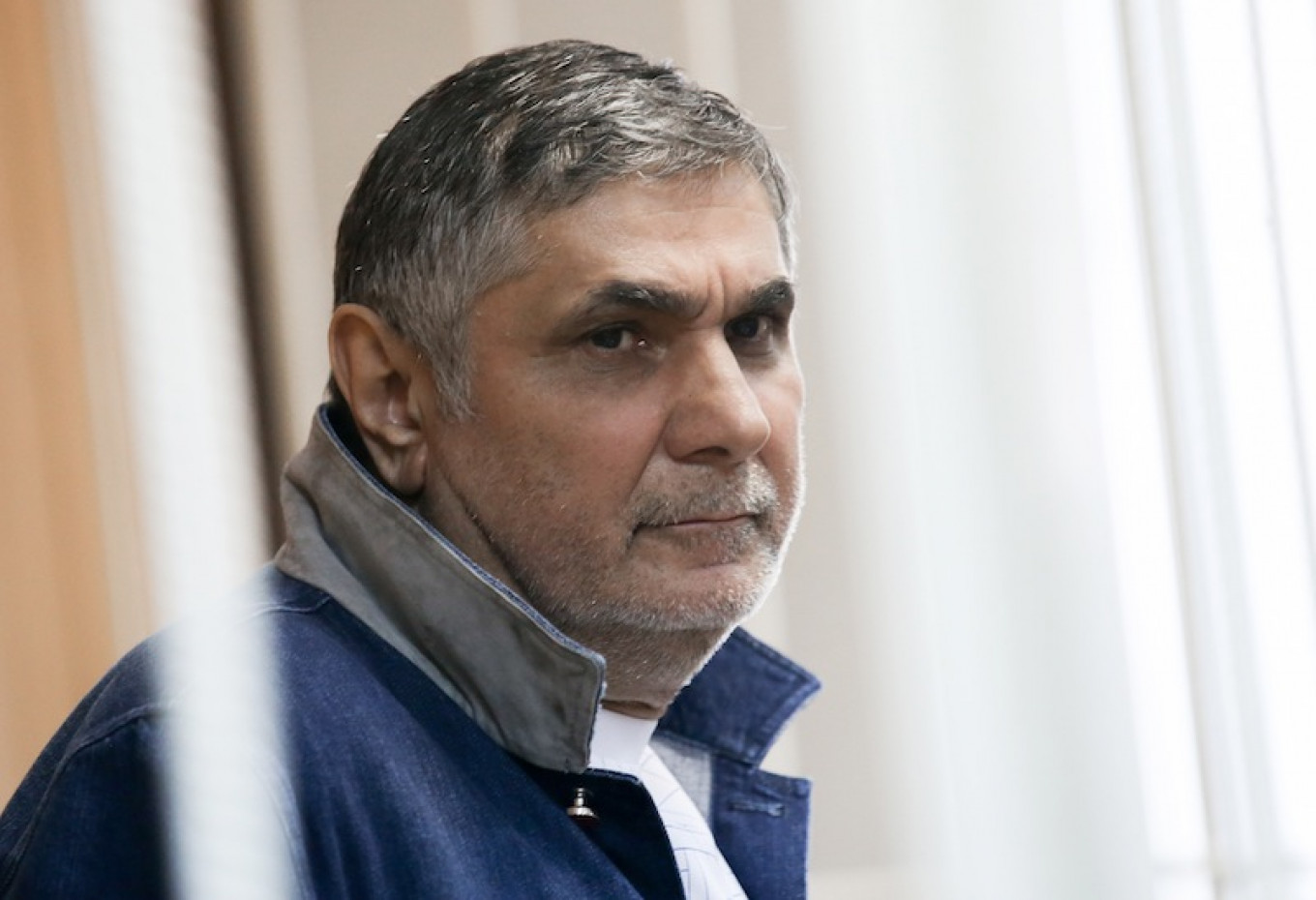
The Shoot-out
Nikandrov’s spectacular demise began last year with a banal dispute between two women, one of whom hired the other to refurnish her Moscow restaurant, then refused to pay the bill.
The amount was trifling — according to some reports a mere 2 million rubles ($30,000). But these women were socialites with connections in high places. Neither was willing forgive and forget.
So the designer reached out to a friend — the wife of one of Russia’s most notorious mafia bosses, a Georgian thug known as Shakro Molodoi, or Young Shakro. Apparently unaware of the events he was setting in motion, Shakro agreed to do his wife a favor.
One night in December, Shakro’s men descended on a restaurant demanding money. They were led by a man called Andrei Kochiukov — who goes by the name “the Italian” and has the reputation of a madman.
The owner stalled for time while she called for support. She phoned a former high-ranking policeman and sharpshooter turned problem-solver-for-hire, Eduard Budantsev. But when he arrived with a couple of heavies, things quickly turned ugly. Someone punched him in the face, and in the subsequent shoot-out Budantsev killed two people. Broken-jawed, he was arrested, along with the Italian and one of his thugs.
That could have been the end of it, but Shakro wouldn’t leave his henchmen in jail. To get them out, he hired Dmitry Zvontsev, a private security man with links to the security services, and supposedly gave him a budget of $5 million for bribes.
Zvontsev, according to the FSB, reached out to his contact, the head of internal security at the Investigative Committee, Mikhail Maximenko. But Maximenko wasn’t an investigator, and couldn’t solve the problem. So he went to Nikandrov, who had been appointed deputy head of the committee’s Moscow branch in May. Nikandrov supposedly accepted a $1-million advance to have Shakro’s men released.
The mechanism was simple. Nikandrov ordered underlings to soften the charges against the Italian and his associate, and then “forget” to extend their arrest. When the original six-month detention order expired in June, the thugs walked out of prison.
So far, so good. But then everything went wrong. Unbeknownst to Nikandrov and the others, the FSB had apparently been watching them for months. They had taped phone calls, read messages, and even filmed meetings from drones in the sky.
Hours after he left jail, the Italian was re-arrested. Then, on July 12, special forces stormed Shakro’s mansion in suburban Moscow. Zvontsev, the middleman, was also arrested. He quickly spilled the beans, and was put under witness protection.
The FSB now had what it needed. A few days later, they came for Nikandrov, Maximenko and five others.
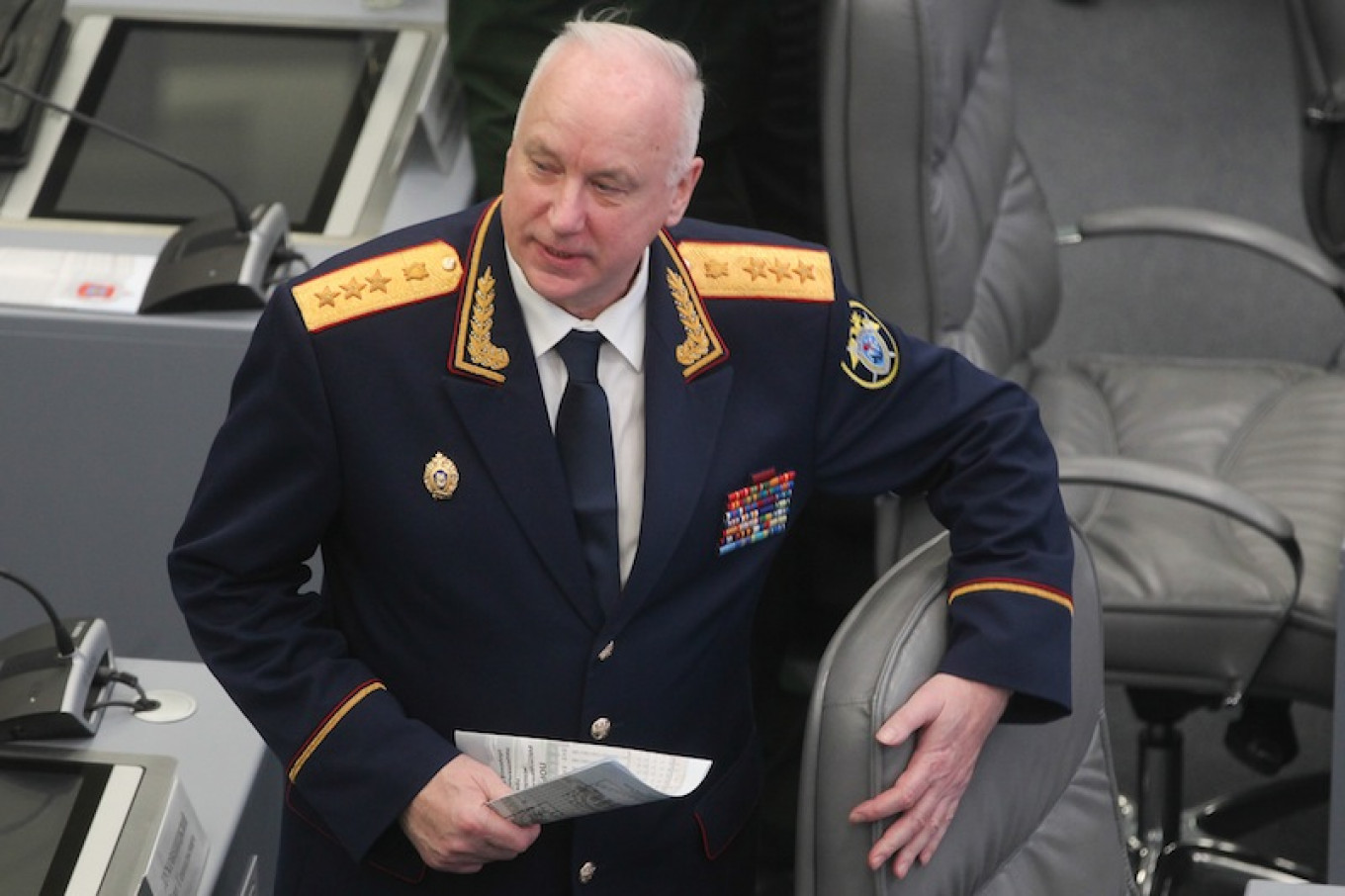
Who Rules?
The arrests were a shock. Such public detentions of senior law enforcement officials are extremely rare. Senior people are usually untouchable, and the internecine conflicts between agencies are shrouded in secrecy. So why did it happen?
Nikandrov’s actions may have simply been too blatant. Corruption is of course rife in the Investigative Committee, just as it is across Russian law enforcement. Must supplement their salaries — taking money to speed or slow cases, or keep names off documents and out of court hearings, or to provide information for money. But taking a million dollars to crudely fiddle some paperwork for a mafia boss whose record of violent crime stretches back to the Soviet era is, as Galeotti puts it, “taking the piss.”
Moreover, it was a betrayal. Nikandrov was siding with the criminals against the cops, says Alexei Kondaurov, a former KGB officer. It violated a principle, Kondaurov said: “If Budantsev goes down and the thieves get off free, who’s ruling the country?”
The arrests also appear to fit into a broader crackdown on corruption that has accelerated in recent months, incriminating, firing and jailing governors, high ranked officials, and now even Investigative Committee itself. Nikandrov’s arrest is part of an ongoing “cleansing of the ranks,” says Kremlin spokesperson Dmitry Peskov.
This cleansing is meant to send a signal, says Yekaterina Schulmann, an expert on Russian government, that with the country in a deep recession, loyalty alone is no longer enough. Corrupt officials must observe some modesty and make sure their institutions are not simply a dead weight on the country. “Steal a little bit less, do your job a little bit better,” in Galeotti’s phrase.
Then again, Nikandrov’s arrest may also be a power play by rivals to Investigate Committee, with its more than 20,000 staff and direct line to the president. This could be aimed directly at Nikandrov — revenge, perhaps, by prosecutors still angry at his ruthless investigation into the casinos they allegedly protected — or at Bastrykin, its boss.
In any case, it appears to underscore the growing dominance of the FSB among Russia’s law enforcement armies, at least when it comes to controlling corruption.
Comeuppance
Whatever was driving events, Nikandrov has been devoured by the system he served. His career looks to be over.
The FSB has demanded the paperwork of every case Nikandrov worked on so they can investigate for wrongdoing. Law enforcement sources have already slipped information to Life News, a tabloid, that Nikandrov accepted money to end a corruption investigation into senior executives of the Moscow Metro by forcing the offending investigator to resign then slamming him in jail anyway on fabricated bribery charges.
Bastrykin, meanwhile, has renounced Nikandrov and his arrested colleagues, saying their actions were a “betrayal of the memory of colleagues who have died in the line duty.”
Nikandrov now faces up to 15 years in jail and a fine of up to 70 times the size of the bribe — a massive $70 million.
But there is no telling where the case could go from here. The suspects have denied the charges and their lawyers say the cases are flawed and unclear, and that legal procedure has been violated. Of course, the entire episode could be a fabrication.
Whether Nikandrov was really taking payments is unknown. But most people agree that the facts don’t matter. “Not everything here will be decided by law, proof, jurisprudence,” says Grivtsov. “There are big people, big connections. This is how it will be decided.”
Dovgy, meanwhile, is watching the case from the sidelines. He was recently freed after serving six and a half years in jail. “I always knew there was some higher justice, divine justice,” he says, apparently without bitterness. “Nikandrov is feeling the evil he did to others, including me.”
A Message from The Moscow Times:
Dear readers,
We are facing unprecedented challenges. Russia's Prosecutor General's Office has designated The Moscow Times as an "undesirable" organization, criminalizing our work and putting our staff at risk of prosecution. This follows our earlier unjust labeling as a "foreign agent."
These actions are direct attempts to silence independent journalism in Russia. The authorities claim our work "discredits the decisions of the Russian leadership." We see things differently: we strive to provide accurate, unbiased reporting on Russia.
We, the journalists of The Moscow Times, refuse to be silenced. But to continue our work, we need your help.
Your support, no matter how small, makes a world of difference. If you can, please support us monthly starting from just $2. It's quick to set up, and every contribution makes a significant impact.
By supporting The Moscow Times, you're defending open, independent journalism in the face of repression. Thank you for standing with us.
Remind me later.


